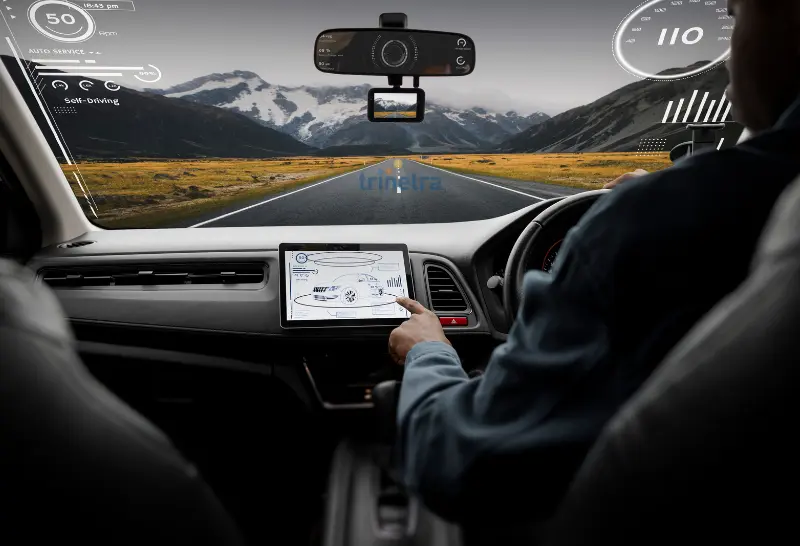Construction, agriculture and logistics are among the industries that need rental equipment. However, unless there is proper tracking, the efficient management of these assets is a must. GPS tracking gives the chance for real-time monitoring and management to keep the equipment secure and operating.
Types of Rental Equipment’s:
A set of rental equipment that ranges between large machinery/ vehicles such as a construction crane, excavators, bulldozers, or tractors agricultural; earth-mover, fork lifts, amongst many others need detail management because one has to optimize with no glitches running operation.
Benefits of GPS Trackers:
- Real-time tracking: GPS trackers deliver real-time insight into the whereabouts of equipment and reduce downtime and maximize productivity.
- High Security: Through geofencing, prevent equipment theft and improper use, thereby upping security measures.
- Asset Utilization: Usage patterns help optimize equipment deployment and performance.
- Maintenance & Preventive Care: Monitoring equipment performance enables timely maintenance, reducing costly breakdowns.
- Cost Savings: Simplify logistics, eliminate unnecessary costs and optimize resource allocation for efficiency.
Kick start your equipment management process with Trinetra Wireless GPS tracking solutions. Streamline operational processes, boost security, and assure optimal equipment management. Contact us now!







